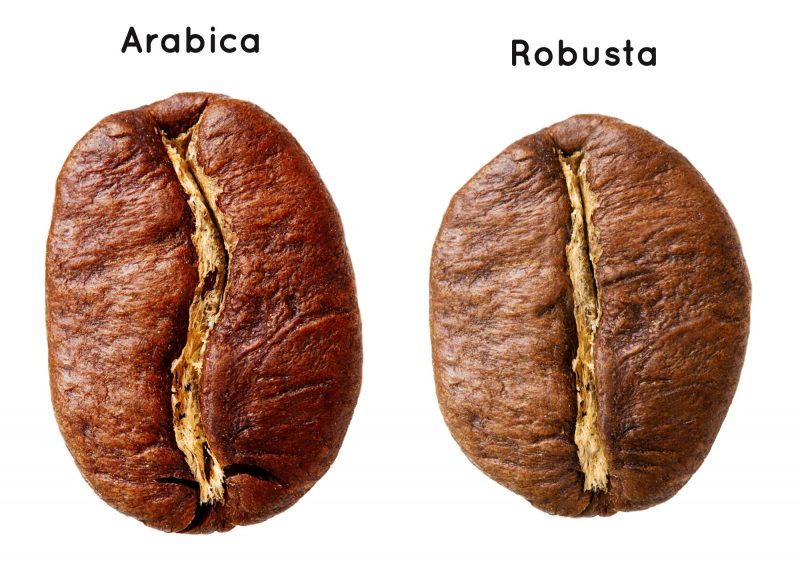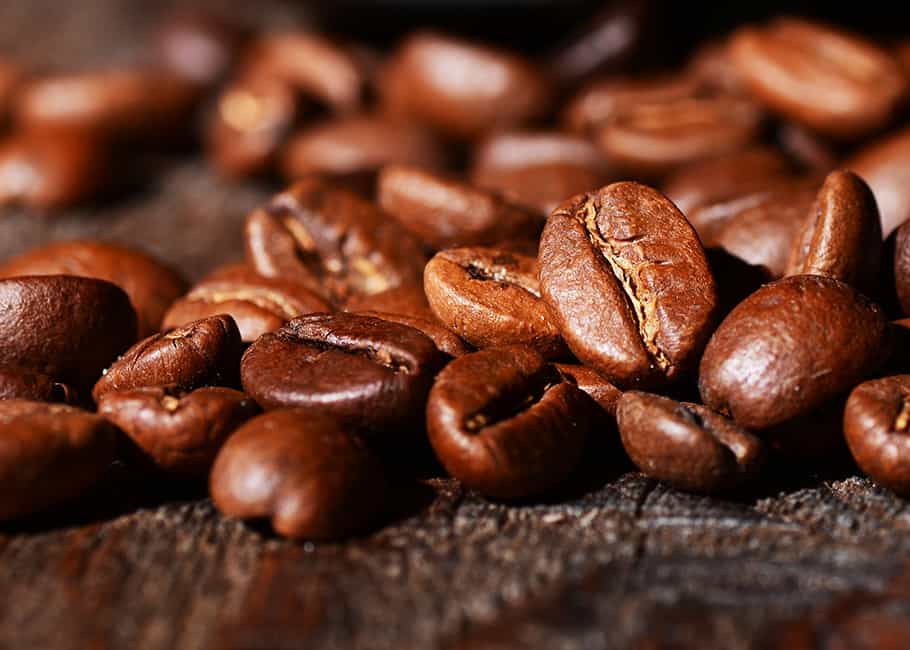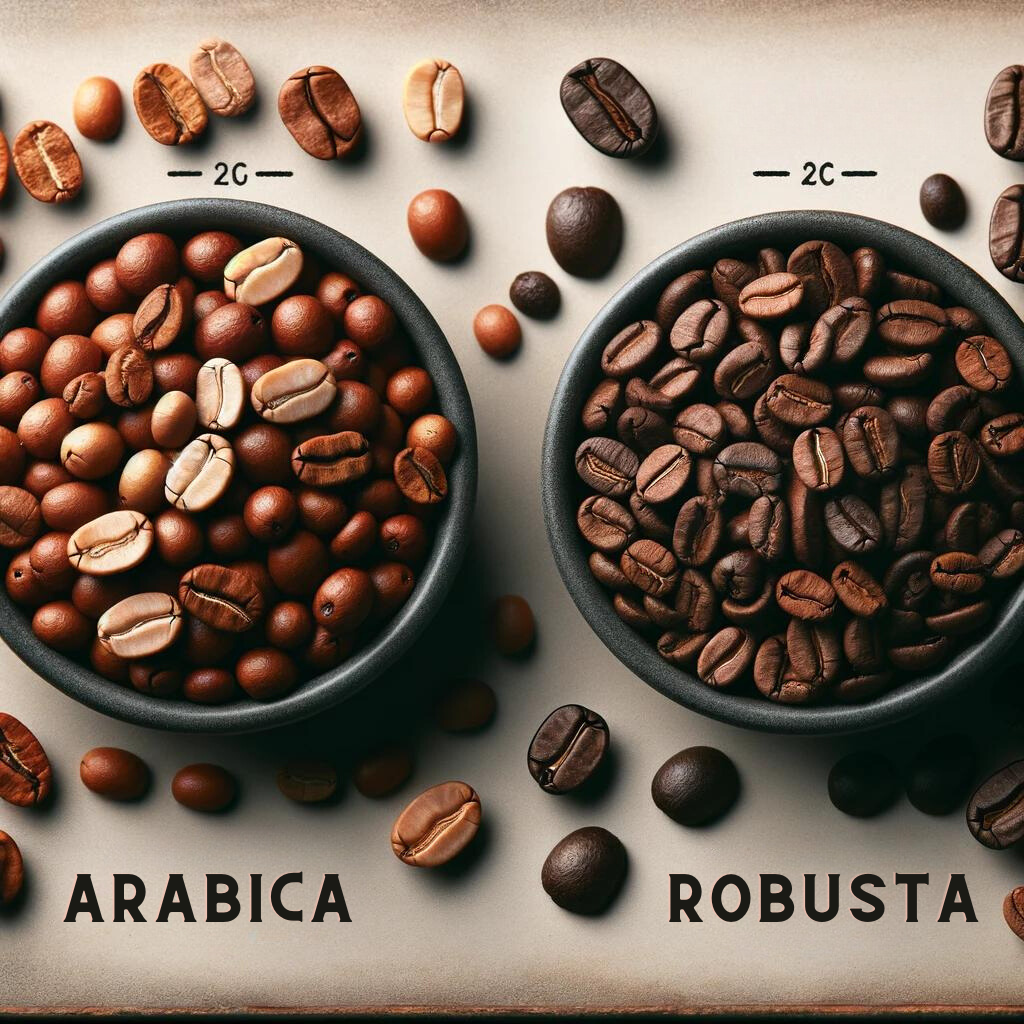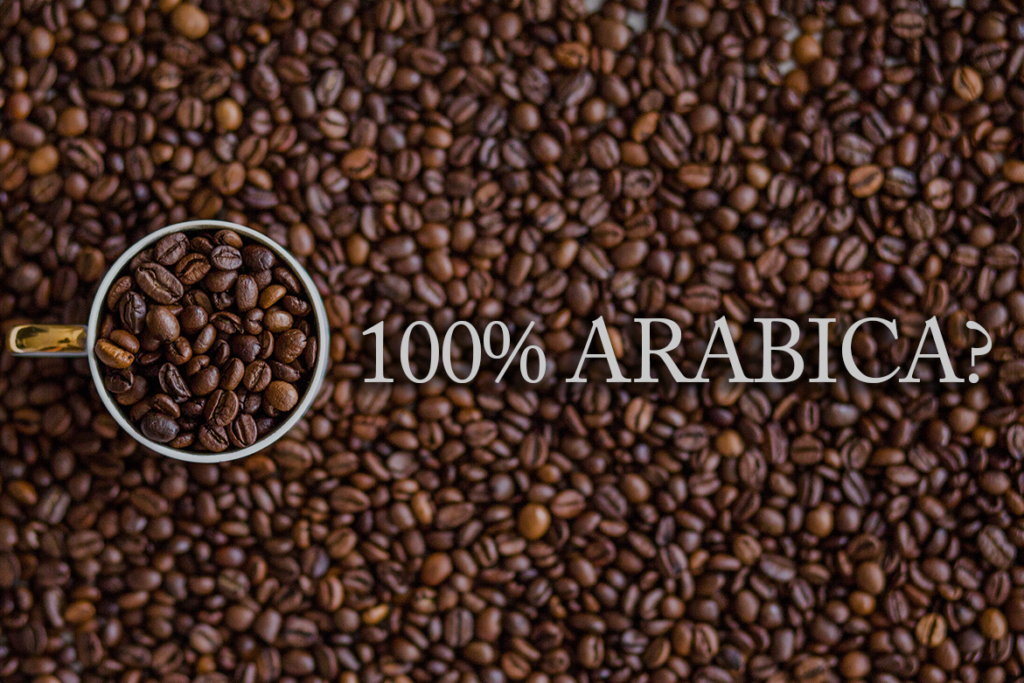Caffeine in Coffee
Coffee, a beloved beverage cherished for its robust flavor and energizing caffeine content, has captivated the taste buds of many. However, the caffeine levels in coffee can vary significantly based on the type of coffee beans and the brewing methods employed.
Understanding Caffeine’s Role in Coffee
Caffeine, a natural stimulant found in coffee, serves as a protective mechanism for the coffee plant, warding off potential threats from insects. When consumed, caffeine stimulates the central nervous system, promoting alertness and wakefulness.
Caffeine Content in Arabica and Robusta Beans
Arabica beans typically contain 1.2% to 1.5% caffeine, while Robusta beans boast a higher caffeine content, ranging from 2.2% to 2.7%. Arabica beans generally contain lower levels of caffeine, making them a popular choice for those seeking a milder caffeine boost.
Factors That Affect Caffeine Levels
Three primary factors contribute to the caffeine levels in a cup of coffee:
- The type of coffee beans (Arabica vs Robusta)
- The roasting process (Espresso, drip, French press)
- The brewing techniques utilized (Cold brew, Extraction pressure, Coffee grind size)
Roasting Techniques and Caffeine Levels
Contrary to common belief, the roasting process minimally affects the caffeine content in coffee beans. However, darker roasts exhibit slightly lower caffeine levels due to prolonged roasting.
Brewing Methods and Their Influence
The brewing method significantly impacts the caffeine levels in coffee. For instance, espresso generally contains more caffeine per ounce than drip coffee due to its concentrated nature.
The traditional drip-brewed coffee is often lower in caffeine content due to using fewer coffee beans and a low-pressure brewing process.
Understanding the Health Implications of Caffeine Consumption
Caffeine consumption offers both benefits and potential risks, necessitating a balanced approach to its intake.
Advantages of Moderate Caffeine Consumption
Moderate caffeine intake has been linked to heightened mental alertness, improved physical performance, and a reduced risk of certain diseases.
Risks Associated with Excessive Caffeine Intake
Overconsumption of caffeine can lead to adverse effects such as anxiety, insomnia, and digestive disturbances. It is crucial to monitor caffeine intake to mitigate these potential risks.
Strategies for Managing Caffeine Intake
We can’t drink less coffee. Right? Individuals seeking to regulate their caffeine consumption can these approaches.
Opting for Low-Caffeine Coffee Varieties
Choosing decaffeinated coffee or blends with lower caffeine content can aid in managing caffeine intake without compromising the enjoyment of coffee.
Trying Different Brewing Techniques
Experimenting with brewing methods such as cold brew or pour-over offers individuals the flexibility to control their caffeine intake based on their preferences.
The Chemistry of Caffeine and Coffee Flavors
Understanding the chemical composition of caffeine and its interplay with the flavors of different coffee varieties provides valuable insights into the world of coffee.
Chemical Makeup of Caffeine
Caffeine belongs to a class of compounds known as alkaloids, contributing to the characteristic bitter taste associated with coffee and influencing its overall flavor profile.
Correlation Between Flavor Profiles and Caffeine Levels
The concentration of caffeine in coffee can impact its flavor, with higher caffeine levels often associated with a more pronounced bitterness in the coffee’s taste profile.
Frequently Asked Caffeine Questions
What is the average caffeine content in an espresso shot?
On average, a single ounce of espresso contains approximately 63 milligrams of caffeine, making it a potent source of caffeine compared to other coffee brews.
Does dark roast coffee have more caffeine than light roast?
Contrary to popular belief, dark roast coffee actually has slightly less caffeine than light roast due to the longer roasting process, which can lead to a small reduction in caffeine content.
How does the brewing time affect caffeine levels in coffee?
The brewing time can impact caffeine levels, with longer brewing times generally resulting in higher caffeine extraction. However, the specific impact can vary based on the brewing method used.



